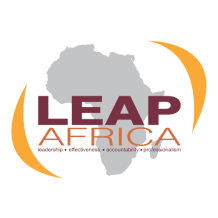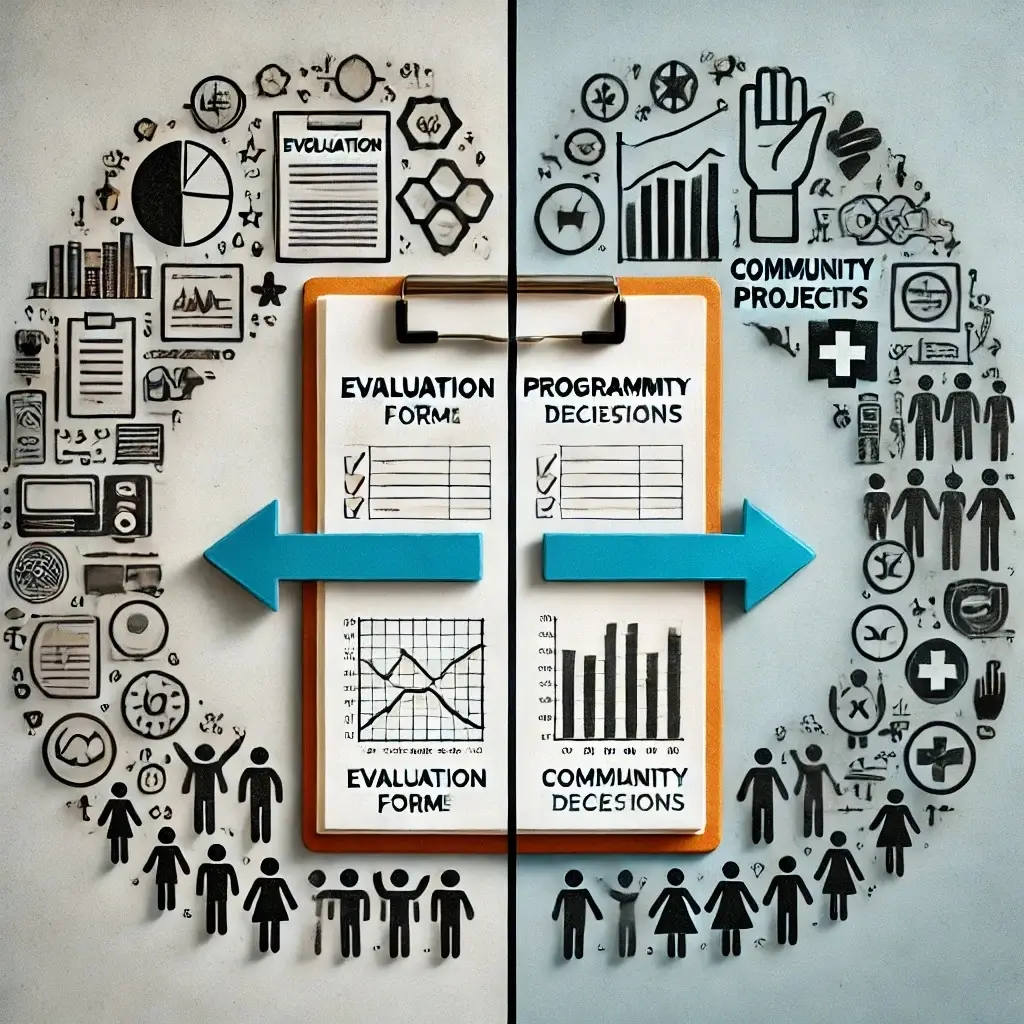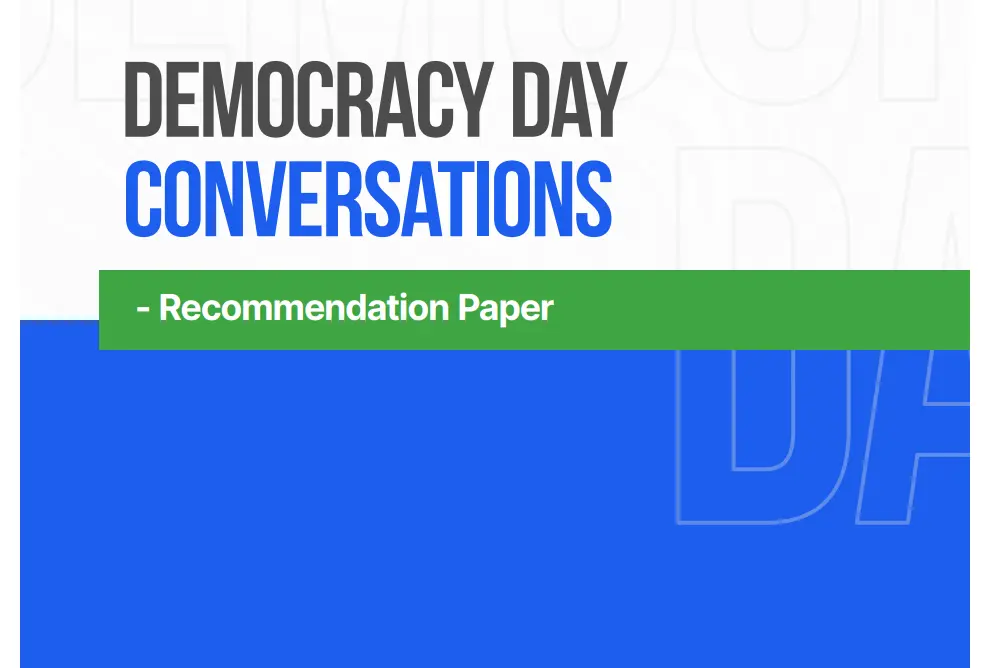Introduction
With Africa’s growing youth population, the burgeoning population is a great opportunity and a challenge for the continent. The population has been described as the most youthful, with 70% of its population under 30. The youth bulge provides an excellent opportunity for the continent to address Africa’s development problems through the creativity and innovation of its youthful population. However, this growing bulge presents some challenges that young people face, such as lack of unemployment, political conflicts, diseases, and inadequate opportunities. Some youth encounter barriers that drive them off the path of a successful transition into adulthood. Sometimes, this results in them finding alternative solutions to fixing their problems. They make poor choices that impede their social, academic, and overall development.
When it comes to providing positive outcomes for young people, supporting them holistically can improve their quality of life. Achieving this is by providing opportunities, fostering positive relationships, and giving them the support they need to develop crucial assets for their development. Focusing on positive youth outcomes presents a significant mindset shift in viewing Africa’s youth not as problems or deficiencies but as individuals who can achieve their full potential and contribute to the continent’s development. The idea is to support young people, focus on their skills, interests, talents, and build on them. This involves helping them develop their confidence, setting personal and goals, developing the ability to analyze their strengths and weaknesses, be equipped with the necessary skills and resources to achieve desired outcomes, and be given opportunities to act as a source of change within their communities.
The Positive Youth Development Approach
The recent visit to Abuja for an end-line evaluation of the iLEAD programme funded by the Citi Foundation was filled with insight and learnings. Interaction with beneficiaries from public secondary school suggests that young people engaged in productive and constructive ways with adult role models are more likely to be adequately prepared to transition successfully to adulthood. The programme design is hinged on the Positive Youth Development framework, which advocates for better youth outcomes through positive engagements.
Against this background, this article posits that the Positive Youth Development approach can lead to better educational, social, health, and economic outcomes for young people. Positive Youth Development (PYD) is an approach that engages young people along with their families, communities, and government. This approach focuses on building skills, assets, and competencies in young people to foster healthy relationships, strengthen the environment and transform systems. It illustrates that to achieve the vision of healthy, productive, and engaged youth, programmes, interventions, and policies should improve young people’s assets, agency, contribution, and environment. At LEAP Africa, we believe that to achieve a vision of productive and engaged youth, they must develop positive mindsets, be equipped with requisite skills and the capacity to contribute to community development. In using the positive youth development approach, the focus is on positive outcomes. With this approach, we seek to realize the demographic dividend by focusing on the full potential of young people to learn, make good decisions and thrive in a place they find themselves.
The Promise of a bright future
With their hearts filled with hope and their eyes gleaming with joy, the students of the iLEAD programme shared with the LEAP team their hopes and aspirations for the future they desire. For example, during the focus group discussions, some students describe the changes they had experienced ever since they joined the programme. They had broadened mindsets on who they were, and what be achieved through self-belief. They exhibited a strong sense of leadership and acknowledged they could lead themselves and others. They had been encouraged and empowered to become bold, confident, and resilient young people to pursue excellence and success. For the ILEAD students, their career aspirations were stretched, and they believed they were capable of seizing economic opportunities within their context. They shared how they were making critical decisions that would influence their future aspirations. Some students had begun to negotiate their future careers with their parents and guardians as they were confident in their strengths and fully aware of what they wanted to achieve. Listening to these young people revealed that the potential of a young population could only be harnessed if the continent creates a conducive environment for the youths to lead economic development and contribute meaningfully to their societies.
Positive Outcomes
LEAP Africa’s iLEAD programme aligns with the PYD framework to ensure that young people build on their strengths and develop the competencies, values, and connections they need for life and work. Our programmes and curriculum are designed to improve young people’s assets and agency and provide an enabling environment. They are guided through a journey of reflection and self-development by our trained facilitators. These young people no longer perceive themselves as liabilities but as individuals who possess the agency and competencies to influence the world around them. Hence they are equipped with requisite skills and competencies that prepare them to lead, provided with the opportunities and platforms that help drive transformative change, and supported with resources and mentorship that ensures sustainability. Therefore, it is essential to encourage young people to imbibe and teach skills that will help them lead themselves, lead others, and lead change in their communities.
We all have a role to play in engaging young people in intentional, productive, and constructive ways: from parents, schools, and community leaders to organizations and government leaders. Promoting positive outcomes by providing opportunities, fostering relationships, and giving young people the support they need will, in turn, lead to a secure, prosperous, and peaceful continent. It should be added that current African Leaders are responsible for engaging and building young Africans’ capacity because they play a pivotal role in shaping the continent’s development and growth. It is pertinent that they receive a quality education, develop practical skills and good character, and commit to Africa’s shared future. Africa’s youth need to be encouraged and empowered to be bold, confident, and resilient.
By Dr Aderonke Folorunsho



